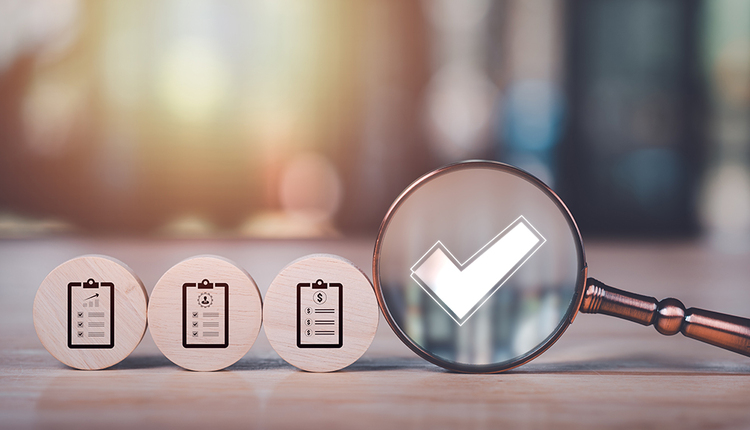While attending the National Postal Forum 2024 in Indianapolis, I had the opportunity to meet many new people across the mailing industry. Over the course of the four-day conference, I was approached multiple times by individuals who had attended one of my sessions. These folks represented the private sector, military, and colleges/universities, but they had one common question: How could they make the transition from being a peer, coworker, or friend, to now being somebody’s supervisor? My advice to them was summed up into one word: accountability.
I encouraged these new supervisors to hold staff meetings where they explain departmental and personal expectations for their mail centers. I assured them it was ok to say that they applied for the position, having the same opportunity available to them as everyone else, and senior leadership decided to instill their trust in them.
I also motivated them to share their vision and detail what staff could expect from them as their new boss. The first step to setting the tone and direction for their department was to identify and explain what their leadership style would look like. When asked about my own leadership style, I illustrated the most important behaviors I consciously exhibit that contribute to my leadership style. First, I am a communicator and collaborator. I believe in providing staff with the training and tools necessary to perform their job autonomously. Second, I encourage cross-training. In other words, I feel that employees become more valuable to the organization when they develop skills outside of their job description and promote learning across different areas. Third, I am patient and hold my employees to that same expectation. I have a system in place for every new hire where they are paired with an experienced employee from whom they will learn how to perform the duties of their role. The objective is for them to fully understand and successfully perform those tasks on their own, so they can begin taking on new tasks and learning other areas of the department. This thorough approach helps create a working environment that prepares our new employees for long-term success.
I stressed to them the importance of accountability. As leaders, they are now being held to a higher standard than they were in their associate-level positions. This means being accountable for meeting departmental goals, both financially and from a productivity standpoint.
One common theme that shined throughout these impromptu meetings was how crucial it is to create a working environment that fosters training/cross-training, education, and teamwork to achieve operational goals. In every conversation I’ve ever had with other mail center managers around the country, these elements are the cornerstone and guiding principles that lead to a successful operation.
Then came the main question: “How do I manage going from someone’s peer, coworker, or friend to someone they report to?” I understood the fragility of this situation and told them to prioritize not putting themselves in a position where anyone on your team, or your boss’s team, could question your character. Whether somebody is a new hire, peer, coworker, or friend, you must be fair and consistent in your interactions with staff that you oversee.
The moment you show inconsistency on a corrective action, or any penalization, you will come across as playing favorites. For example, if your company policy is to place an employee on a verbal warning after “X” number of absences, then make sure that applies to everyone, no matter how “close” you are. If you choose to be harder on some employees than others, you will find yourself in the uncomfortable situation of being called into your boss’s office to explain why actions of the same magnitude did not warrant the same response.
Being a new supervisor comes with its own set of challenges. If you ensure your character is never questioned, consistently apply departmental and organizational policies and procedures, and promote education and training opportunities to everyone in your department, in the end you will oversee a first-class mail operation.
Jim Burns is Sr. Operations Manager, Materials & Mail Services, Linen, CS/Equipment, MGH Materials Management.
This article originally appeared in the July/August, 2024 issue of Mailing Systems Technology.










